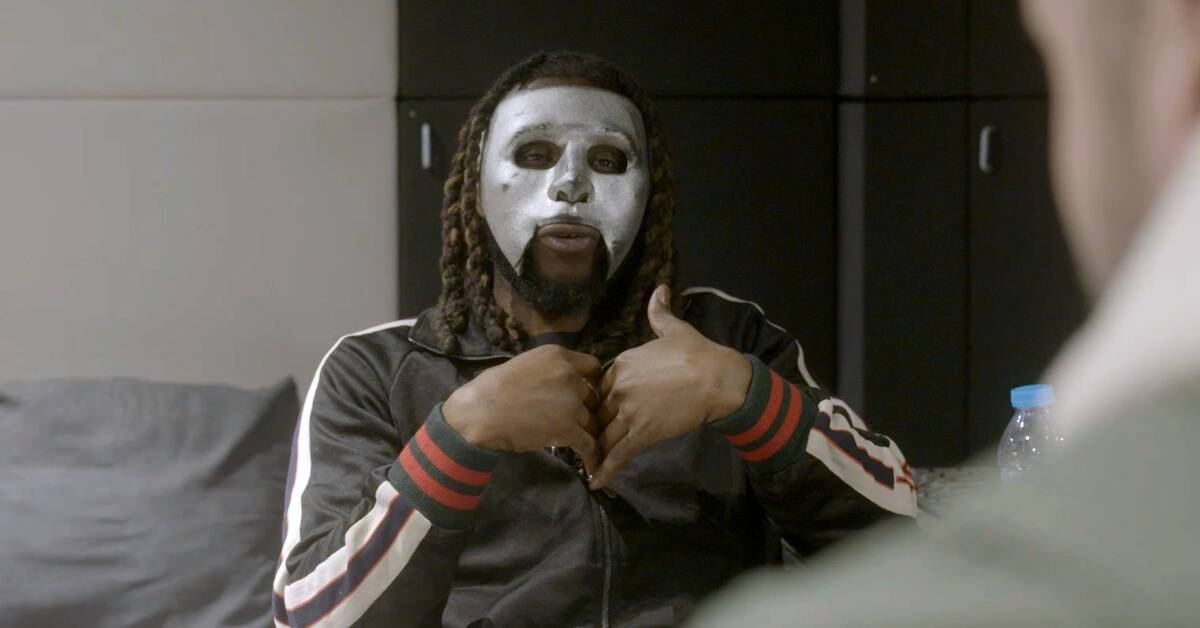Together with the collective 67, LD was one of the British pioneers in the hip-hop genre drill, a form of gangster rap.
In the UK, the police have for several years downloaded music videos that they believe call for violence or risk escalating gang conflicts, and have issued restrictions on several drill rappers.
Since 2014, LD has lived with many different restrictions on both his music and his person.
- I was forbidden to meet the other rappers in 67 and also many other people.
There were specific words, areas and names that I was not allowed to mention in my music and I was not allowed to be in certain places in London at all, he tells SVT's Edit.
"Let me tell my story"
In 2019, LD was convicted of drug smuggling and has until recently been in prison.
However, he thinks that the police have a wrong picture of what he wants to achieve with his music.
- They see me as a public figure with great influence, but what I try to do is inspire people to get away from the street, not the other way around.
- I have been there and lived that life, so let me tell my story and help more people get away from it.
The benefits of the ban
LD says that despite the restrictions depriving him of a lot of freedom, there have been advantages to being forced to censor himself.
- I used to be completely against censorship, but now that I have had to censor my own music, I have noticed that there is an art in it.
In working around the censorship and making it sound good anyway.
He believes that the restrictions can be helpful for the rappers who feel divided between their music and street life.
- For someone who is in the middle, it is perfect, because you are forced to make a choice.
Either break the restrictions and be that person, or focus on the music, he says.
- Right now I stand with both feet in the music: I have moved from London, smoke less grass and have gone into therapy.
See the whole Edit - The forbidden gangster trap on SVT Play.

